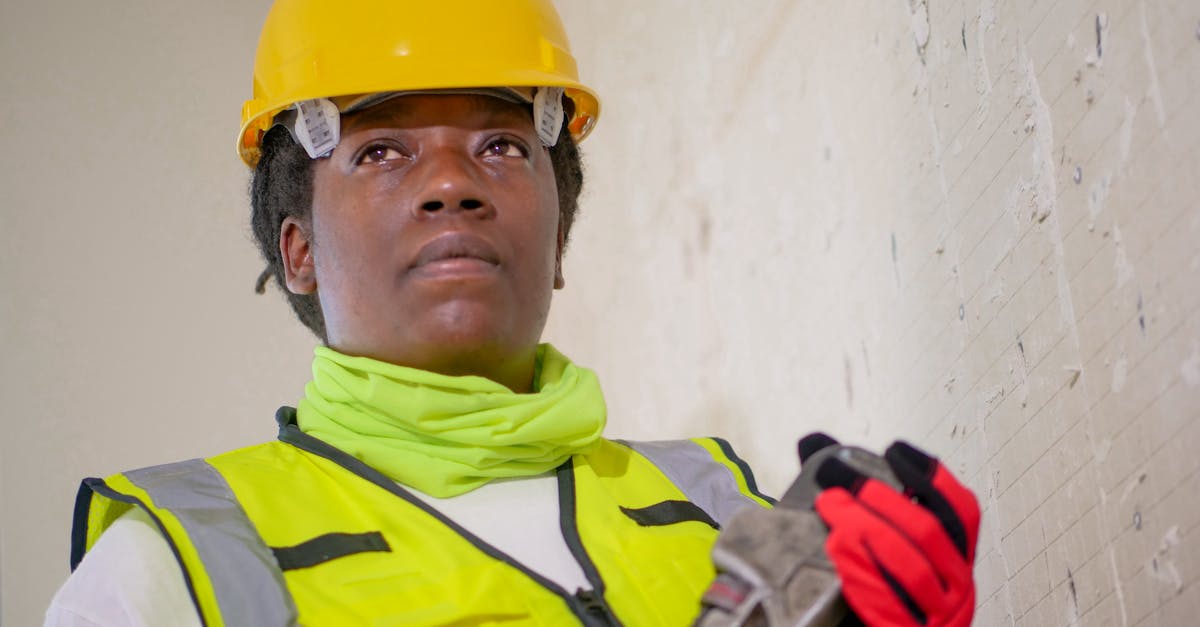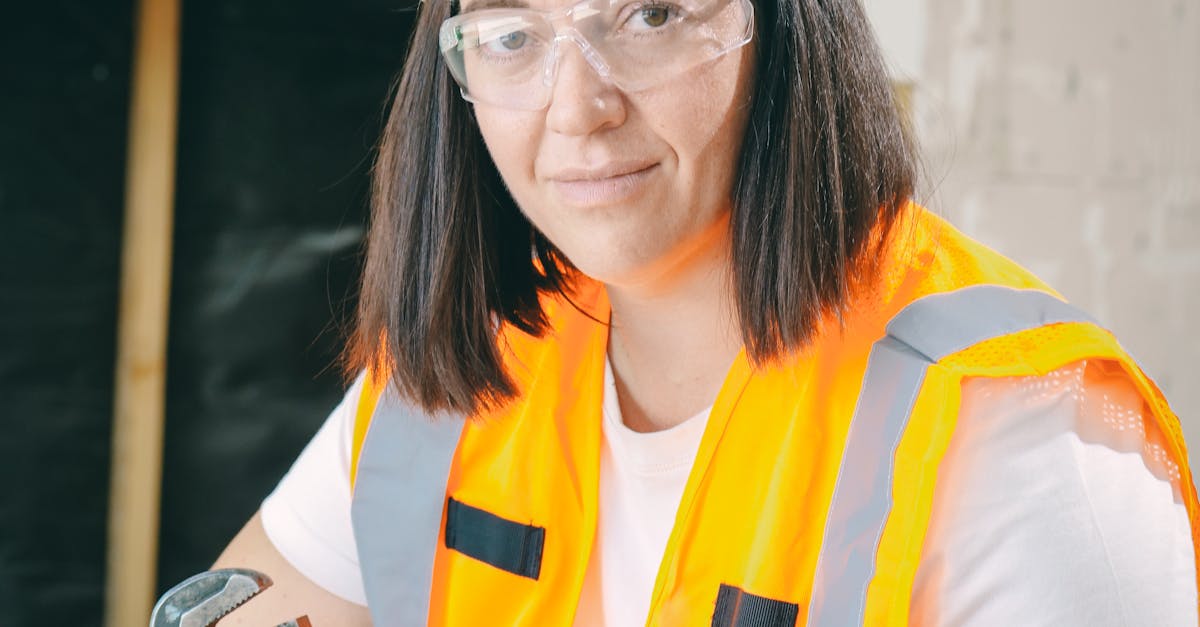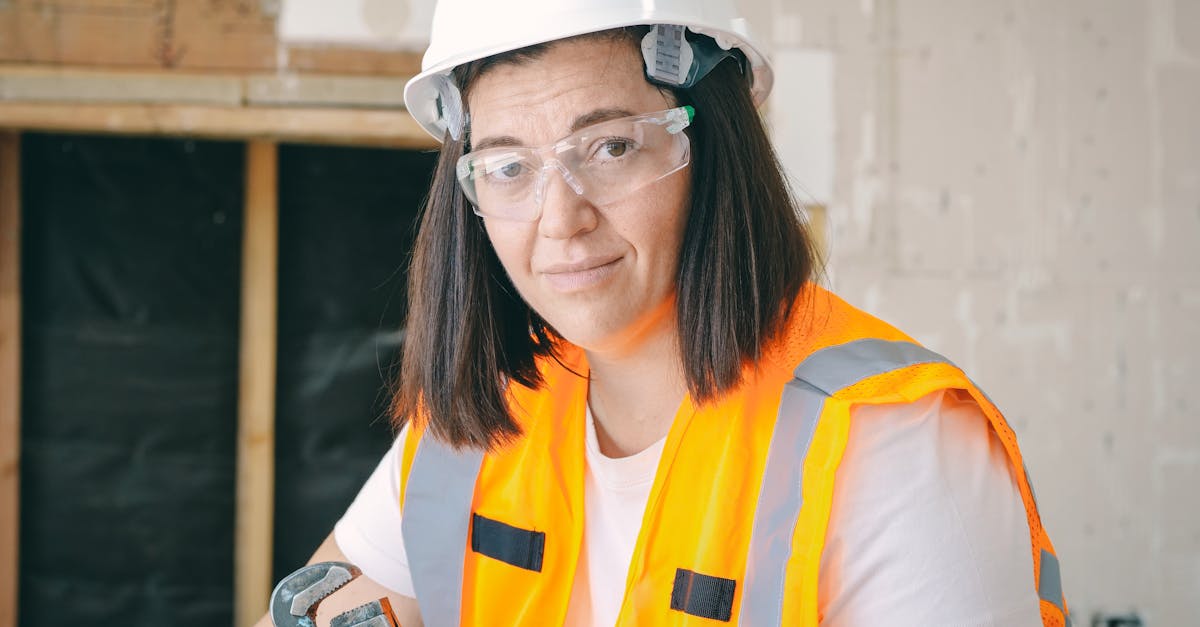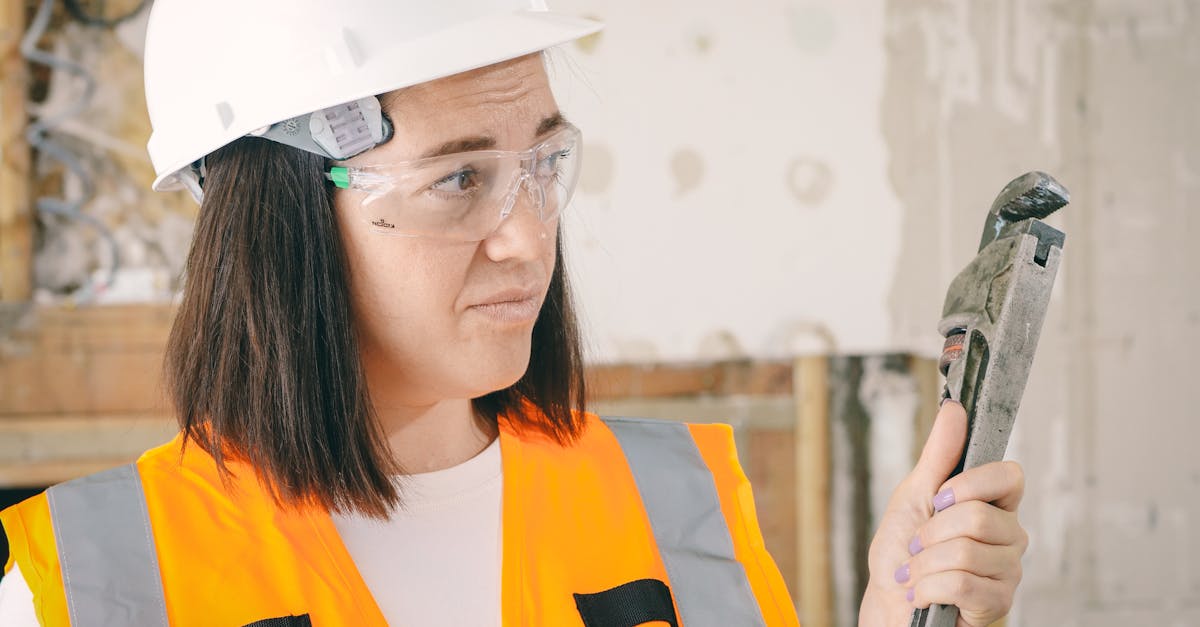
Table Of Contents
How to Extend the Life of Your System
Regular maintenance plays a crucial role in extending the lifespan of your hot water system. Schedule annual inspections to ensure all components are functioning correctly. A qualified technician can identify potential issues before they escalate into costly problems. Flushing the tank periodically helps remove sediment build-up. Neglecting this task can lead to decreased efficiency and strain on the system.
Keep an eye on the anode rod, as it helps prevent corrosion inside the tank. Replacing it when necessary can significantly enhance the longevity of your water heater. Water heater installation and repair should ideally be handled by professionals to ensure the system is set up and maintained according to manufacturer specifications. Investing time and resources in these practices will result in reliable hot water for years to come.
Tips for Prolonging Hot Water System Longevity
Regular maintenance plays a crucial role in prolonging the longevity of your hot water system. Flushing the tank periodically helps remove sediment build-up, reducing the risk of corrosion and inefficiency. Inspecting the anode rod every couple of years can also prevent rusting and extend the life of the tank. Engaging professional services for water heater installation and repair ensures that all components are functioning optimally and can help identify potential issues before they become significant problems.
Ensuring proper insulation of the water heater can greatly enhance its efficiency. Insulating pipes can reduce heat loss, which means the system won’t have to work as hard to maintain the desired temperature. Additionally, setting the thermostat to a moderate temperature can prevent overheating and reduce wear and tear on the unit. Regular check-ups with a qualified technician can help optimise performance and address any wear before it leads to a costly replacement.
Cost Implications of Replacement
Replacing a hot water system can be a significant financial decision. The initial cost of purchasing a new unit varies depending on the type, capacity, and energy efficiency ratings. Installation fees can add another layer of expenses. Many homeowners may overlook these costs, focusing solely on the price of the unit itself. It is essential to factor in labour costs, which can differ based on the complexity of the job and the professional hired.
Water heater installation and repair often involve additional costs that may arise due to the need for modifications to existing plumbing or electrical systems. If your current setup requires upgrading to accommodate a new model, these expenses can quickly accumulate. Budgeting for all potential costs is advisable to avoid unexpected financial strain during the replacement process.
Budgeting for a New Hot Water System
When preparing to replace a hot water system, establishing a realistic budget is crucial. Initial costs can vary widely, depending on the type, brand, and capacity of the system you choose. Owners must also consider the potential expenses associated with water heater installation and repair, which may involve hiring professionals. It's advisable to obtain multiple quotes to find the best value and ensure that the installation meets local plumbing regulations.
In addition to the upfront costs, ongoing expenses such as energy consumption and maintenance should be factored into the budget. A more energy-efficient model might have a higher initial price but can result in significant savings over time through reduced utility bills. Planning for future maintenance and potential repairs also helps prevent unexpected financial strain; thus, setting aside a portion of the budget for regular servicing can extend the life of the heater.
Environmental Impact Considerations
The environmental impact of hot water systems is an important consideration for homeowners. Older systems tend to be less energy-efficient, which can lead to increased greenhouse gas emissions as they require more energy to operate. When evaluating the efficiency of water heaters, opting for models that have high energy ratings can significantly reduce the carbon footprint associated with daily hot water use. These technological advancements contribute to a more sustainable household and help mitigate the effects of climate change.
Water heater installation and repair play a crucial role in enhancing energy efficiency. Choosing eco-friendly options or heat pump systems can further decrease energy consumption and lower electricity bills. Regular maintenance not only prolongs the lifespan of existing systems but also ensures they operate at peak efficiency, thereby minimising waste. Making informed choices regarding installation and upkeep can lead to a more environmentally responsible approach to hot water supply.
Energy Efficiency and Sustainability
Energy efficiency in hot water systems plays a crucial role in reducing energy bills and minimising environmental impact. The choice of a high-efficiency water heater can significantly lower energy consumption, making both electric and gas models more sustainable over their lifespan. Regular maintenance also enhances efficiency, ensuring the system operates at peak performance. Many homeowners may not realise how small adjustments, like insulating pipes or adjusting the thermostat, can lead to substantial energy savings.
Sustainability involves considering the long-term effects of water heater installation and repair on both the environment and household budgets. Opting for systems with better energy ratings promotes reduced greenhouse gas emissions while often leading to cost savings over time. Furthermore, selecting a system that employs renewable energy sources, such as solar power, offers an eco-friendly option that aligns with Australian sustainability goals. Investing in quality installation and maintenance ensures these systems contribute positively to a more sustainable future.
FAQS
What is the average life expectancy of a hot water system?
The average life expectancy of a hot water system typically ranges from 8 to 12 years, depending on the type, maintenance, and water quality.
How can I extend the life of my hot water system?
Regular maintenance, including flushing the tank, checking the anode rod, and inspecting for leaks, can help extend the life of your hot water system.
What signs indicate that my hot water system needs replacement?
Signs that your hot water system may need replacement include frequent leaks, inconsistent water temperature, unusual noises, and visible rust or corrosion.
Are there different life expectancies for different types of hot water systems?
Yes, different types of hot water systems have varying life expectancies. For instance, tankless systems often last longer than traditional storage tanks, with some lasting up to 20 years.
What are the cost implications of replacing a hot water system?
The costs associated with replacing a hot water system can vary widely based on factors such as the type of system, installation fees, and any necessary plumbing modifications. It's important to budget accordingly and consider the long-term savings from energy-efficient models.





























